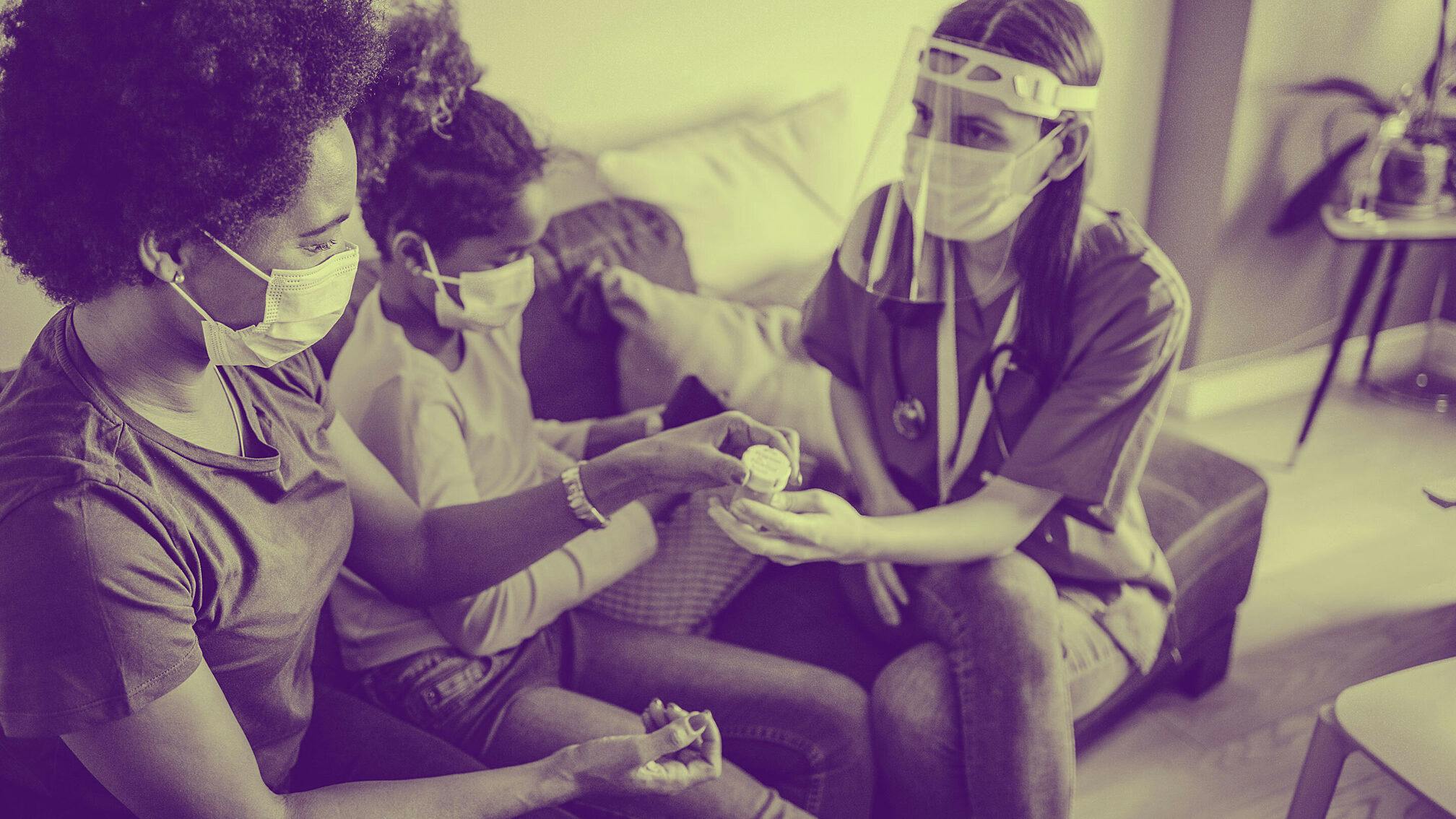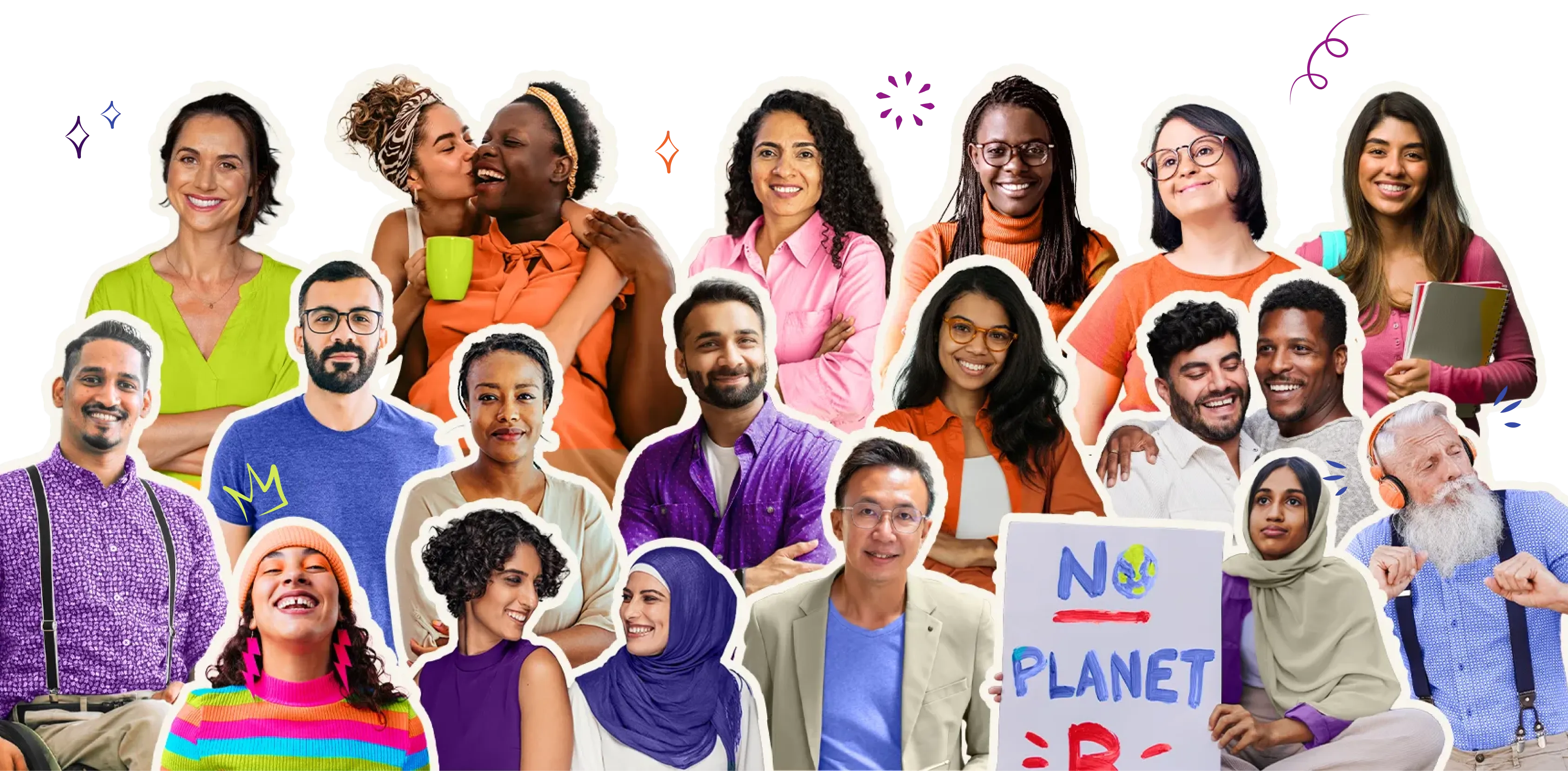Blog
Equity, In Crisis
What we learn in crisis is that “never” becomes “now”. What was impossible yesterday is now on the legislative agenda, and those of us who toil hard for the hard or even impossible have to be ready to move.

Who can keep track? Infrastructure here, more small business lending there. Is Congress expanding broadband access, funding child care for essential workers, supporting domestic violence survivors, providing cash assistance to our farmworkers, or expanding access to voting? It’s harder and harder to say what will ultimately emerge as lawmakers roll out their supplemental proposals (see our side-by-side comparison of the most recent set here), but that can’t stop those of us who care about these priorities from fighting.
What we learn in crisis is that “never” becomes “now”. What was impossible yesterday is now on the legislative agenda, and those of us who toil hard for the hard or even impossible have to be ready to move.
And we are.
The COVID-19 pandemic has now claimed more than 17,000 lives in the United States, but we are only beginning to understand the breadth of COVID-19’s destructive march. Federal, state, and local agencies are in the midst of implementing the most expensive rescue package ever approved by Congress, as small businesses, hospitals, and millions newly unemployed anxiously await a lifeline.
But even in these uncertain times, some unknowns we don’t need to accept. We know we have too many confirmed cases, too many undiagnosed, and too many lives lost to this virus. We don’t know nearly enough about those suffering and dying from this virus. We don’t know whether systemic barriers to health care, housing, clean air, and a living wage stacked the odds against them. We don’t know their age, gender, race, or immigration status — because the government won’t say.
We’ve formed a coalition, led by Raben clients PolicyLink, NAACP, UnidosUS, and the African American Mayors Association, to join members of Congress and demand data disaggregation to track the race, ethnicity, primary language, genders, disability status, and socioeconomic status of those impacted by COVID-19. Join the coalition at www.wemustcount.org. The federal government must follow the lead of state and local governments, like Illinois, New York City, Milwaukee County, and Louisiana, in collecting and reporting demographic data of COVID-19 cases and outcomes.
As veterans in policymaking at all levels of government, we are endeavoring to answer many of the questions recently on the minds of philanthropic and corporate leaders from organizations big and small. Members are home with their constituents and may not return on schedule. Committees are foregoing the political theater that’s become par for the course in committee hearings, instead providing questions in advance and posting witness testimony online. Senate Commerce led the way with a paper hearing this week examining the effects of government and private sector surveillance in response to the pandemic.
Who is served and who is left behind when Congress adopts such an impersonal approach? Is access to lawmakers more commoditized today, out of reach for the same communities excluded from relief in recent rescue packages? As lawmakers roll out their next set of proposals, how confident are we that they can account for the struggles of Black businesses on the wrong side of the wealth gap, while on an extended recess and without traditional fact-finding? Or that they will address the risks taken every day by workers excluded from relief because of their immigration status or other arbitrary criteria? We are committed to creating virtual spaces for these conversations, and we’re hard at work planning discussions with lawmakers and stakeholders to center these stories in the ongoing federal response planning.
Much more is needed to address even the immediate impact of this virus. State and local treasuries are depleted, hindering their ability to continue to protect the communities they serve. Many local leaders, as Clare Bresnahan English of the New Leaders Council reminds us, are millennials who will emerge sharper and wiser from these crises. We should support them in these times, as they are best equipped to understand the needs of their communities and the challenges posed by, for example, the surveillance and tracking of their constituents’ movements.
Even organizations eligible for relief are struggling to access benefits. We are assisting organizations across the country as they navigate the application process for nonprofit loans through the Small Business Administration and other programs. And as workers everywhere face layoffs, furloughs, and reduced hours, we are working with companies like Charter Communications as it raises the minimum wage to $20 for its frontline workers and invests in its workforce when they need it the most.
We will continue to center equity in everything we do — from the COVID-19 federal response to the actual implementation by federal, state, and local agencies — and to provide a platform for those deemed undeserving of assistance in a time of crisis. We hope to hear from you, respond to your questions, and champion your causes as we train our focus on the unfinished business of the federal response.


